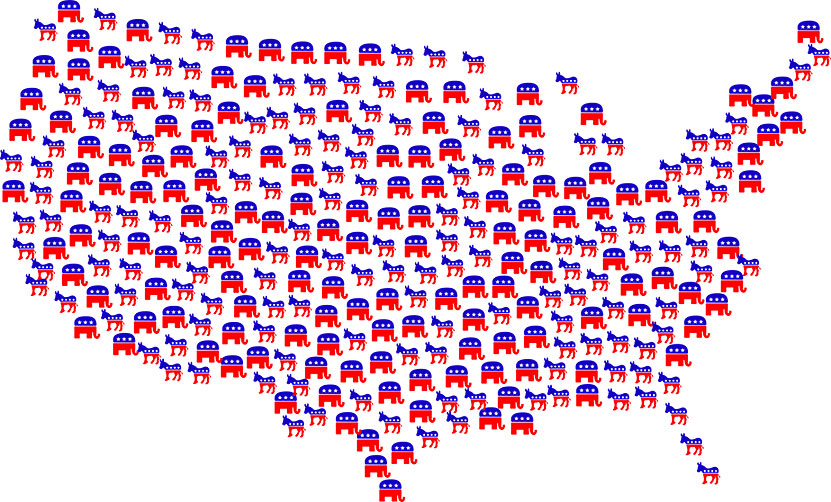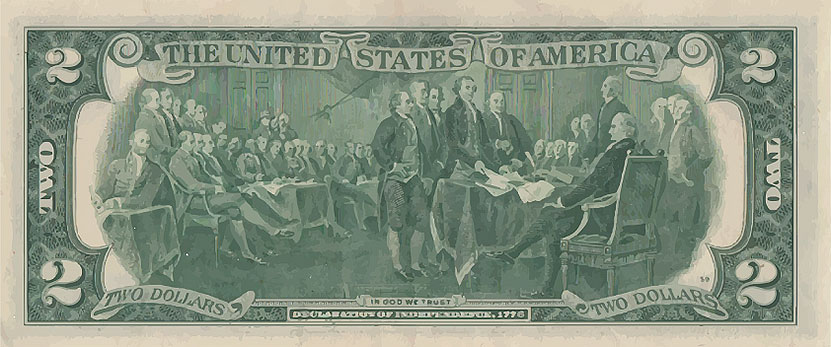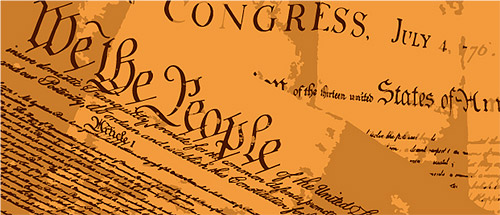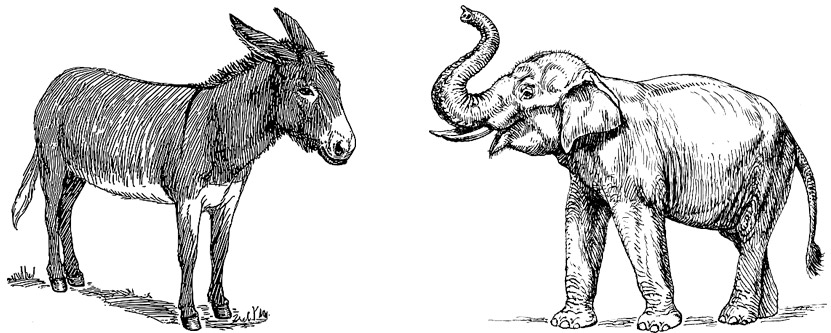Give your opinion
THE ELECTORAL COLLEGE: MECHANISM FOR STABILITY OR UNDEMOCRATIC ARTIFACT?

With election day just around the corner, Gabriela Alba, third year
student of Philosophy, Politics and Economics (PPE), tells us how the
United States electoral system works. An essential read to fully understand
one of the most polarized elections in the history of the world's first superpower.

 For most Americans, the Electoral College remains an elusive concept. Despite it being dutifully explained in U.S Government classes year after year, many (myself included) have commonly struggled to pinpoint how the system works or why it was established in the first place.
For most Americans, the Electoral College remains an elusive concept. Despite it being dutifully explained in U.S Government classes year after year, many (myself included) have commonly struggled to pinpoint how the system works or why it was established in the first place.
I remember as a student in New Jersey learning about this quasi-mysterious group of 538 electors -equalling the number of members of Congress plus three representatives from the District of Columbia- which manifests itself once every four years to decide who is to be President of the United States of America.
It's a big task with grand consequences--so much so that one may find it curious that such an election isn't determined by a traditional popular vote.
Afterall, this is the case in more than half of the world's democracies where the president fulfils both symbolic and substantive roles, and while the U.S. isn't the only nation to opt for an indirect election, it is the only country whose voters appoint a separate body of "electors" to choose the head of state (i.e. rather than relay the task to a national legislature).
Foundations of the Electoral College
Yet it's important to note that the Electoral College wasn't established without reason. During the Constitutional Convention of 1787, newly freed from the firm grip of a tyrannical king, America's founding fathers wrestled over the matter of selecting the head of state.
Some were wary of delegating the task to Congress out of fear of fueling corruption among the legislative and executive branches; others expressed concern over granting such decisive power to an uninformed or potentially mob-like national majority.
Hence, the Electoral College was born: a compromise allowing states to entrust intermediary "electors" with the role of electing the president.

Why is the Electoral College so important?
I believe that likely the strongest defense of the Electoral College lies in envisioning it as an emblem of American federalism. Often described as a system of "checks and balances", the U.S. government operates according to a constitutional division of state and federal power.
Supporters of the Electoral College view it not only as a mechanism protecting public liberty, but as an intrinsic embodiment of federalism-dutifully limiting the federal government while giving states a say in the electoral process. Historian Allen Guelzo saysFederalism is in the bones of our nation, and abolishing the Electoral College would point toward doing away with the entire federal system".
Another benefit of the Electoral College is that it lends more power to smaller states. Candidates have a greater incentive to campaign in less-populated states, whereas a popular vote would likely have candidates prioritising voters in bigger states such as Texas and California.
The Electoral College is undemocratic?
Since the time of its inception, the Electoral College has worked largely undisturbed. But following the contentious 2016 election between Republican Donald Trump and Democrat Hillary Clinton, a spotlight was shone on one of the most glaring implications of the electoral system: in order to be elected president, a candidate need not garner the popular vote-rather, he or she need only earn 270 of 538 votes cast by the Electoral College.
Therefore, while Clinton is recorded to have received 48.2% of the popular vote versus Trump's 46.1%, Trump eventually captured 304 of 538 electoral votes--winning over the Electoral College and thus gaining the presidency.
The 2016 presidential election was not the first time a candidate became president without winning the popular vote (it had occurred four times prior), but the incident was unique in ignoring a deep disdain for the Electoral College.
President Trump has gone on to have one of the most polemic presidencies in American history, and with the upcoming 2020 election between Trump and Democrat Joe Biden just around the corner, scrutiny of the Electoral College has only intensified.
Current opinion polls appear to be in Biden's favour, but some fear a repeat of what happened four years ago. It is certainly plausible that Trump, despite losing the popular vote, may be re-elected by virtue of the Electoral College.
For Americans who stand against the Electoral College, this ability of a presidential candidate to lose the popular vote but win the election is almost like an election night "loophole" that logically seems rather unfair to the American people.

So when it comes down to it, is the Electoral College a mechanism for stability or an undemocratic artifact?
On one hand, I respect America's federalist system and question whether a national popular vote would lead to greater democracy. A popular vote would certainly come with risks like increased voter fraud-think of the painful Florida recount during the 2000 election.
Moreover, I am admittedly wary of the urgency of issues that appear to gain special traction in our hyper-polarized political climate. In the aforementioned September Gallup poll, of the 61% of Americans in favour of using a popular vote to decide the presidency, 89% are Democrats while a mere 23% reflect Republican support.
Is there something to be said about this partisan divide? Furthermore, when we consider the timing--the 2016 election was not the first but the fifth instance of a candidate garnering the presidency without winning the popular vote-I can't help but wonder, where was the uproar before?

Yet upon further research, I realized that this is not the first time the issue of reforming or abolishing the Electoral College has been considered. The earliest reform effort dates back to 1804, and reformers in recent years have advocated the passing of the National Popular Vote Interstate CompactElectoral College, a plan for states to agree to award their electors to the candidate who wins the most votes in the country rather than their state-ultimatelyshaping the electoral system to reflect the votes of all Americans.
And when it comes to the questionable partisan divide, well, it makes sense. The Republican Party places a special emphasis on states rights (which the Electoral College is widely-believed to protect) and both George W. Bush and Donald Trump-candidates who lost the popular vote but won the presidency-are Republican. Not only is the Electoral College a constitutionally-rooted mechanism of stability, but it also seems to be working in Republicans' favour.
But according to Jesse Wegman, author of Let the People Pick the President: The Case for Abolishing the Electoral College, it's a myth that the Democratic party would benefit more from the abolishment of the Electoral College than the Republican party. Wegman suspects that sometime in the future, a loyal, big Republican state (cough, Texas) will turn blue-allowing a Democratic candidate to win the electoral college without the popular vote and leaving Republicans as hungry for reform as Democrats are now.
While I am unsure of Wegman's projections, I do agree that concerns surrounding the Electoral College are plainly warranted, and perhaps pursuing additional reform is in order. But to do so, we cannot allow polemic, partisan fervor to distort our efforts. Electoral College or not, achieving a greater democracy undoubtedly demands better dialogue and a mediated, bipartisan solution. Without that, no matter what happens to the electoral system, American democracy remains in danger.







